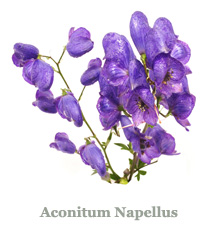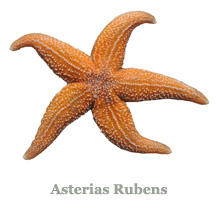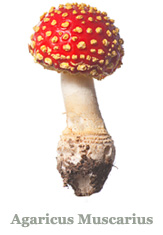Learn more about homeopathy
What are acute illnesses ?
Homeopathy has demonstrated its efficiency in all forms of acute conditions in their various phases. It can be used in ailments from accidents, such as: falls, blows, bruises, fractures, wounds, cuts, burns, perforations, crushed parts, sunstrokes, concossions, frostbite, etc.
It also acts on contagious, children and infectious diseases, such as: colds, flues, infant diseases, conjunctivitis, trush, earaches, vomiting, diarrhea, eruptions, hives, vaginitis, urinary tract diseases, hepatitis, bronchitis, pneumonia, gastritis, etc.
See Testimonials and Cured cases
What are chronic diseases, physical and mental ?
 Chronic diseases generally originate from an unbalance of the balance which it cannot cure by itself and which only gets worse in time, either gradually or in successive bouts. Homeopathy is efficient in the treatment of all chronic diseases in their various evolution stages, whatever the organ.
Chronic diseases generally originate from an unbalance of the balance which it cannot cure by itself and which only gets worse in time, either gradually or in successive bouts. Homeopathy is efficient in the treatment of all chronic diseases in their various evolution stages, whatever the organ.
The same person affected by such divers illnesses as: migraines, eczema, constipation and anxiety may be treated with only one and only remedy. The choice of this remedy does not depend on the actual illness treated but on the sum of characteristic signs of the person, physical and mental.
Therefore the same patient will cure of his different illnesses with the same remedy, whereas the same illness in different patients will require different remedies.
See Testimonials and Cured cases
What are the great principals of homeopathy ?
Infinitesimal doses
This describes a substance in such small quantity that it is difficult to trace any part of it left in substrate. It is one of the original characteristics of the homeopathic remedy. Indeed, because substances used are in such minute quantity, homeopathic remedies have no toxicity (even if a child takes in a full vial). But also, because of the potentization by vibration of this substance, the curative powers are increased. The scientific proof of this phenomenon has now been demonstrated. The 2008 medicine Nobel Prize Dr Montagnier declares:
“What I can today say is that homeopathic high potencies work. High potencies of something are not nothing. They are the water structures mimicry of the original molecules”
Similitude
Centerpiece of homeopathic philosophy, which says that the substance which can provoke a group of symptoms in a healthy person has the power to cure these same symptoms in a sick person. It is in fact in principal quite similar to the actions of vaccines. A vaccine is a watered down disease, which is injected in small quantities to provoke an immune response and prevent future contagion of same disease. In homeopathy, we give a substance similar in its effect to the patient’s disease to stimulate the body to cure itself.
This principal was already known in ancient times, but was applied only to individual symptoms. The originality of homeopathy in this is to have applied the same principal to the patient as a whole.
Symptom totality and hierarchy

In homeopathy, after intake, only those symptoms deemed meaningful and odd are selected to establish the patient’s case. It is this critical selection, which enables the professional homeopath to determine the right remedy for each patient.
It requires a very special training to acquire this capacity and understand the particularities of sicknesses, human beings and nature.
Individualization
This principal says that symptoms are the physical outbreak of a disturbed energy pattern, which is specific to each patient, not to his disease. To treat and heal, one must therefore take into consideration all the elements of this disturbance (on the physical plane: symptoms of the sicknesses, on the mental plane: emotional states and on the metabolic plane: temperature of the body, perspiration, appetite, sleep, tiredness, etc.), and particularly those which are odd and original to the patient.
It is therefore contradictory and futile to say that this or that remedy is good for any specific chronic condition (for example: eczema or migraine etc.) Indeed, the choice of the remedy hinges on the patients sensitivity, which triggers eczema or migraine and not on the diagnosis of the sickness.

Causation
This principal recognizes the importance of what triggered the illness and that the treatment much therefore change accordingly. For example, a cough from exposure to a cold wind must be treated different from a cough from exposure to a warm and sultry weather, or a cough from emotional stress.
In chronic diseases, the consultation will reveal these causes in relationship with the particular physical and mental sensitivity of the patient.
About prescription
The prescription will determine the potency of the remedy and its repetition. In homeopathy the number of granules taken in at the same time has relatively little bearing, but the frequency of repetition of the intake is of extreme importance. For example, in acute conditions, a remedy can be repeated every hour while in chronic cases one dose may suffice for a month or two.
Likewise, the choice of the potency, which is expressed by a number from 3 to millions preceded or followed by one ore two letters, such as: LM3, or 3ch or 50,000k is very important to muster a complete and quick cure. Only an experienced homeopath will be able to determine with precision the potency and the repetition each patient needs.